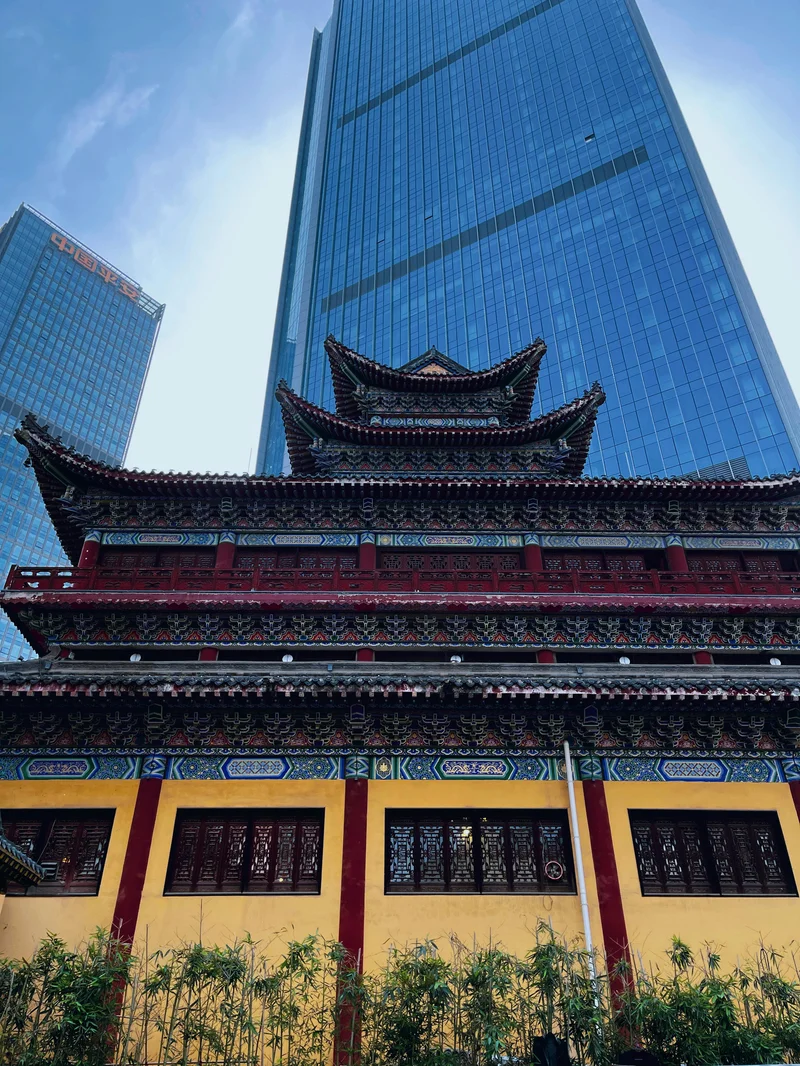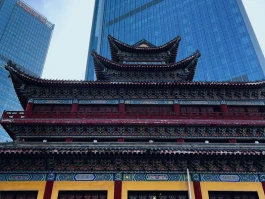The Chongqing Gamble: Can Ambition Outpace Reality?
Chongqing is making a play. A big one. The southwestern Chinese hub wants to be a global player in both biotech and tourism. The ambition is clear: innovative drugs rolling off production lines and waves of international tourists boosting the local economy. But can Chongqing pull it off? Let's look at the numbers, or rather, the plans.
Chongqing aims to have one to three innovative drugs approved each year by 2027. That’s the headline. But what does it mean? A Class 1 innovative drug, according to the National Medical Products Administration, is something genuinely new. Not a tweaked formula, but a novel compound. Chongqing got its first one approved last year – an injectable psoriasis treatment. One down, several to go. The city also wants to build three innovative drug industry clusters. It's a classic "build it and they will come" strategy. The municipal government’s 25-point plan sounds comprehensive, but the devil is always in the details (and the funding).
The plan aligns with China’s broader push for scientific and technological self-reliance. Proposals for the next five-year plan (2026-2030) emphasize this. So, Chongqing is riding a national wave. But waves can crash. What happens if those three industry clusters don’t attract the right talent, or the funding dries up? Or, worse, what if the "innovative" drugs aren't actually all that innovative? China’s southwestern industrial base eyes breakthroughs on novel drugs provides additional context on Chongqing's biotech ambitions.
Tourism: Ambitions Take Flight
Then there's the tourism play. The 2025 Chongqing International Travel Agent Conference drew around 400 participants from nearly 40 countries. That's a decent turnout. The city appointed five "2026 Chongqing Culture and Tourism Promotion Ambassadors." A bit cliché, perhaps, but not the worst idea. These ambassadors are supposed to amplify Chongqing’s image globally. It all sounds good on paper.
New visa, accommodation, and payment facilitation measures were introduced. Addressing the friction points is smart. But are these measures enough? A streamlined visa process is nice, but it won't matter if the flights are too expensive or the hotels are subpar. I've looked at hundreds of these reports and I find the omission of pricing strategy unusual.
The city wants to be a "world-renowned cultural and tourism destination." Every city wants that. But Chongqing isn't exactly Paris or Rome. It's a major industrial center with stunning landscapes. The Dazu Rock Carvings and the Three Gorges are definite draws. But can Chongqing compete with established tourist hotspots? And will international tourists really flock to a city known for manufacturing?

The Chongqing Statistics Bureau says the city’s GDP growth rate in 2023 reached 6.5%—to be more exact, 6.5%, outpacing the national average. Growth is attributed to manufacturing and services. Tourism is part of that service sector growth, but how big of a part? The data doesn't say.
The "Global Vision" Question
The Deputy Director of the Standing Committee of the Chongqing Municipal People's Congress, Zhao Shiqing, emphasized Chongqing's ambition. Ambition is great, but it needs to be grounded in reality. What's the realistic timeline here? What are the key performance indicators (KPIs)? How will success be measured?
The conference highlighted the signing of "numerous crucial cooperation agreements." These agreements are supposed to govern the exchange of visitors and the joint promotion of travel routes. But agreements are just words. What are the specifics? What are the penalties for non-compliance?
The appointment of five international influencers is interesting. These influencers are from the UK, Australia, Russia, Thailand, and the US. It's a diverse group. But how effective will they be? Influencer marketing can be powerful, but it's also notoriously difficult to measure. It's hard to correlate an Instagram post with actual tourist arrivals.
A Calculated Risk, or Just Wishful Thinking?
Chongqing is making a bold bet. It’s betting on innovation and tourism to drive future growth. The city has a plan, funding (presumably), and ambition. But the plan lacks concrete details on how to execute on its goals. It feels like a moonshot, but the math isn't adding up.

